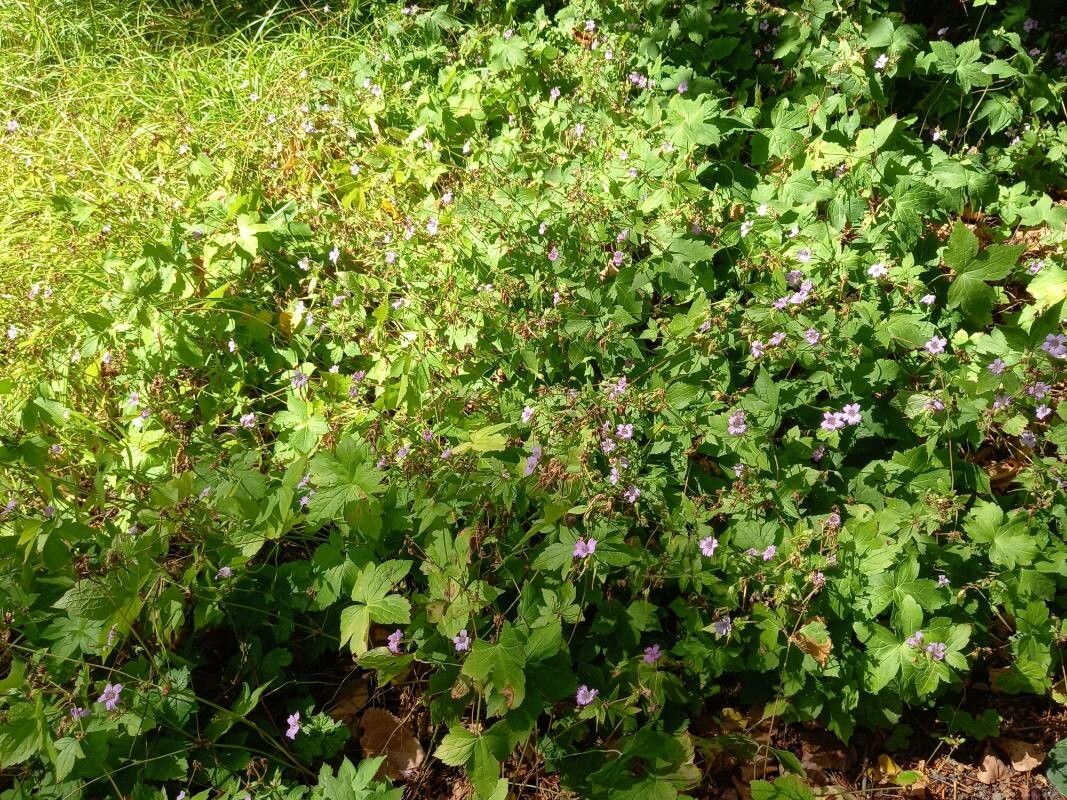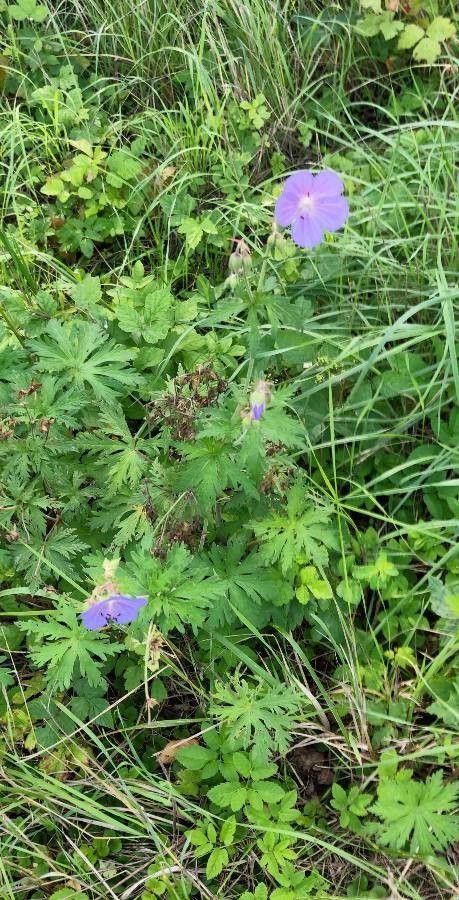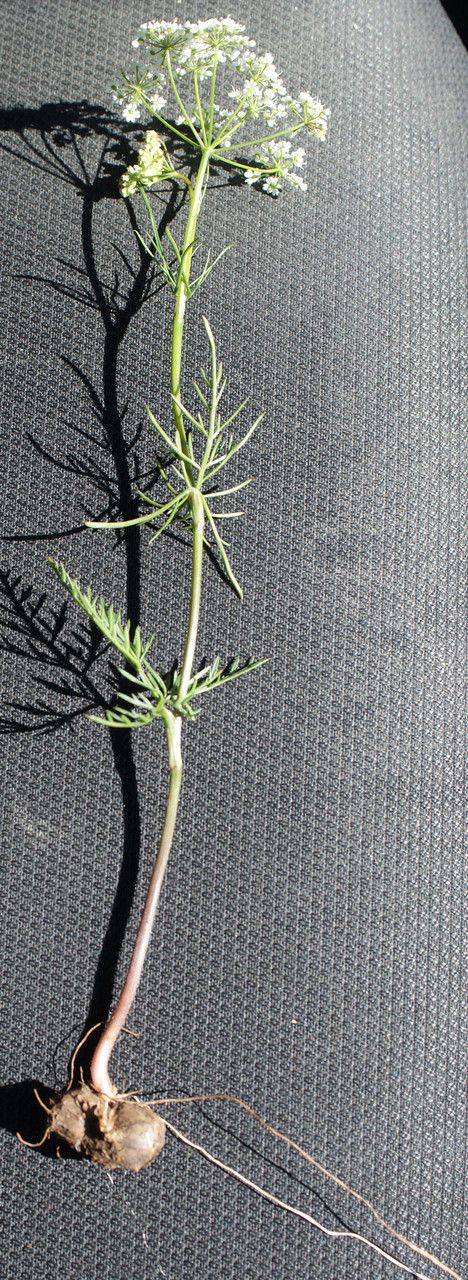### Knotted Crane's-bill: A Gardener's Delight
The Knotted Crane's-bill (*Geranium nodosum*), a member of the Geraniaceae family, is a charming perennial groundcover prized for its delicate beauty and ease of cultivation. Unlike some of its more flamboyant cousins, this understated beauty offers a subtle elegance that enhances any garden setting. Its low-growing habit and attractive foliage make it ideal for borders, rock gardens, or even as a naturalistic groundcover in woodland areas.
### Habitat and Growth
Native to Europe and western Asia, Knotted Crane's-bill thrives in a variety of conditions, making it a versatile choice for gardeners of all levels. It prefers partial shade to full sun, though it can tolerate full sun in cooler climates. Overly harsh, direct sunlight, especially in hot climates, can scorch its leaves. The plant’s low-growing habit typically reaches heights of only 6-12 inches (15-30 cm), spreading gracefully to create a dense mat.
### Soil Needs and Planting
Knotted Crane's-bill is remarkably adaptable when it comes to soil. It prefers well-drained soil that's moderately fertile, but it tolerates a wide range of soil types, including those that are slightly dry or even poor in nutrients. Avoid heavy clay soils, which can retain too much moisture and lead to root rot. When planting, ensure the crown of the plant is just at the soil surface. Spacing plants around 12 inches apart allows for adequate spread and prevents overcrowding.
### Care and Maintenance
Knotted Crane's-bill is a relatively low-maintenance plant. Once established, it requires minimal watering, especially in areas with adequate rainfall. Deadheading (removing spent flowers) will encourage further blooming and prevent self-seeding, which can be excessive in some cases. While generally pest and disease resistant, occasional slug and snail infestations may occur; these can be controlled with organic methods like beer traps or diatomaceous earth.
### Propagation
Propagation is easily accomplished through division in spring or autumn. Simply lift a mature clump, divide it into smaller sections, and replant. Seed propagation is also possible, but it's often more challenging, with germination rates varying.
### Landscape Uses
Knotted Crane's-bill's adaptability makes it a valuable asset to any garden. Use it as a groundcover to suppress weeds, as an edging plant along pathways, or incorporated into rock gardens and borders. Its delicate lilac-pink flowers provide a delightful contrast against other plants, creating a harmonious and natural aesthetic.
### Conclusion
The Knotted Crane's-bill is a delightful addition to any garden, offering beauty, ease of care, and a touch of understated elegance. Its adaptability and low maintenance requirements make it an ideal choice for both novice and experienced gardeners alike. With its charming blooms and attractive foliage, this versatile plant is sure to become a favorite.
Knotted Crane's-bill: Planting & Care Guide

Frequently Asked Questions
How to grow Knotted Crane's-bill?
Plant Knotted Crane's-bill in well-drained soil with partial shade to full sun (depending on your climate). Space plants about 12 inches apart. Water regularly until established, then only during extended dry periods. Deadhead spent flowers to encourage more blooms.
What type of soil does Knotted Crane's-bill need?
Knotted Crane's-bill prefers well-drained soil that is moderately fertile. It tolerates a range of soil types, but avoid heavy clay soils prone to waterlogging.


